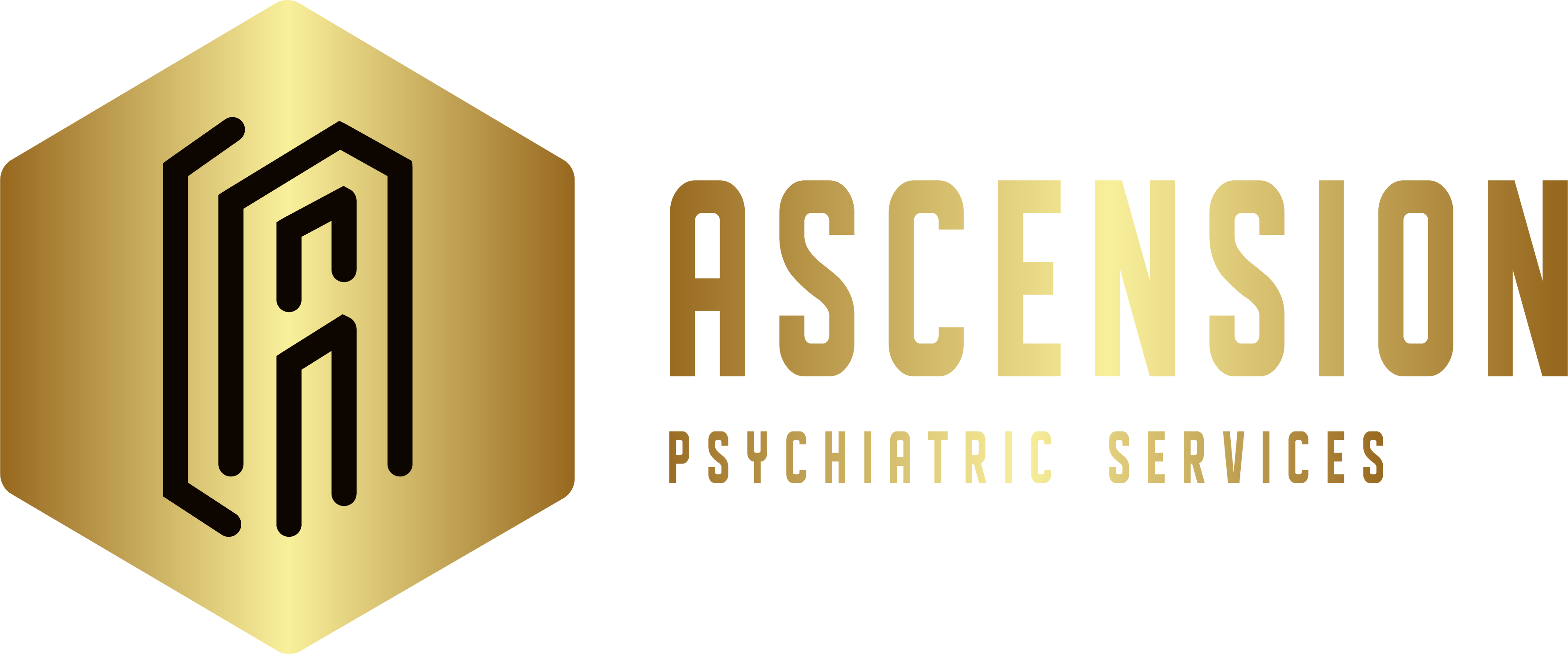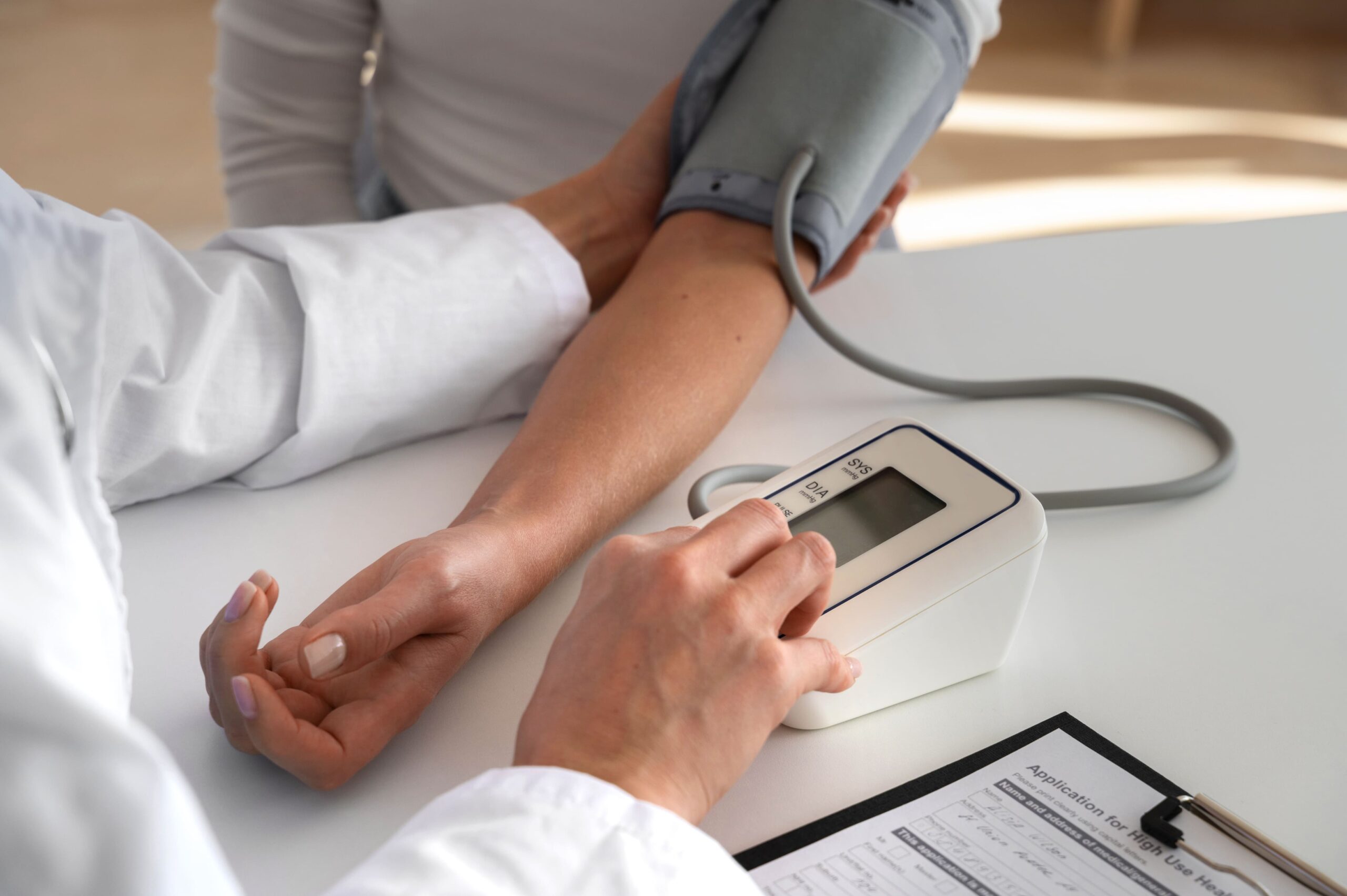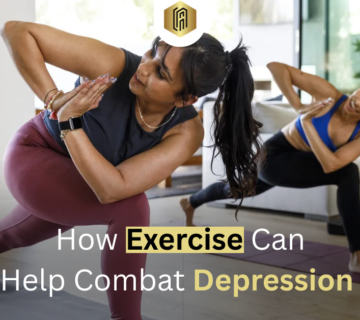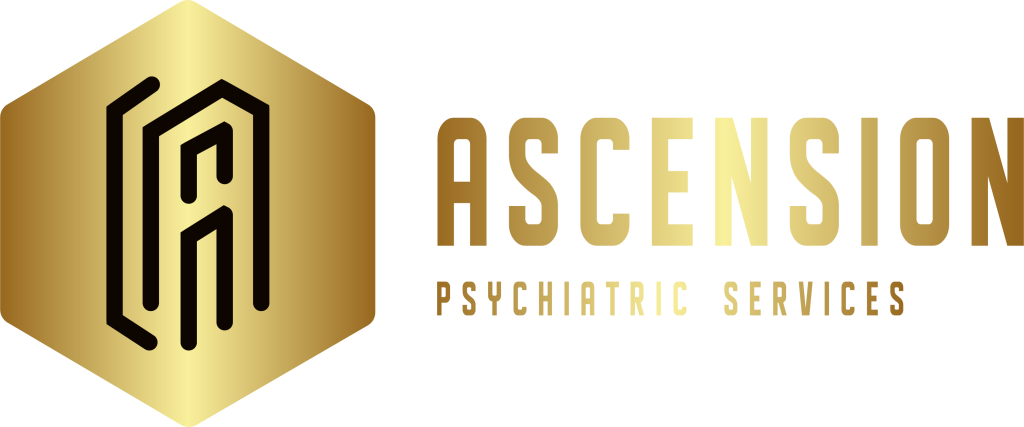The CDC reports that nearly half of American adults have high blood pressure. Not only is this condition dangerous for your health, but it can also put you at risk for developing even further health complications that could risk your life. Here’s what you should know about high blood pressure and your health.
What Does High Blood Pressure Mean?
Blood pressure is the measure of the force of blood against the walls of the arteries found within the heart. The more blood that’s being pumped from the heart and the narrower the arteries are, the higher your blood pressure will be. What does this mean, exactly? Over time, untreated high blood pressure (or hypertension) can lead to severe and fatal complications, including heart attack or stroke.
When your provider takes your blood pressure at your next visit, you may notice two numbers: The number above is known as systolic pressure, and the number below is known as diastolic pressure. Healthy blood pressure is anything at or below 120/80. Anything over 120/80 is considered high blood pressure.
When Should I Start Checking My Blood Pressure?
When you visit your general practitioner every year for a routine checkup, or whenever you come into their practice, they will take your blood pressure at the beginning of your visit. These annual visits should happen every year for those aged 18 and older. Those who are at high risk for high blood pressure or those over 40 years old may want to visit their doctor more often for routine blood pressure readings or invest in an at-home blood pressure monitor.
What Are the Risk Factors for Hypertension?
Along with a family history of high blood pressure, other factors that could increase your risk for hypertension include,
- Smoking
- Heavy alcohol consumption
- Being overweight or obese
- Sedentary lifestyle
- A diet high in sodium
- Stress
- Certain chronic health problems (e.g., diabetes; sleep apnea)
How Is Hypertension Treated?
One of the reasons it’s recommended that you visit your provider once a year for a comprehensive checkup is that it’s often when we detect high blood pressure in a patient. That’s because high blood pressure doesn’t cause symptoms, so you could have it and not know it. That’s why visiting your primary care doctor is essential. If we notice that your blood pressure is elevated but not exactly high, we may recommend simple lifestyle changes such as,
- Getting aerobic exercise most days of the week
- Eating a healthy, whole, and unprocessed diet
- Limiting sodium
- Avoiding or limiting alcohol
- Quitting or avoiding smoking
- Finding effective methods for managing stress (e.g., meditation; journaling; yoga)
These methods are also effective in preventing hypertension. Of course, if you have consistent readings at or above 140/90, your doctor may prescribe medication to lower your blood pressure.
What Happens if High Blood Pressure Isn’t Treated?
You must catch and treat high blood pressure early, as uncontrolled or untreated high blood pressure can damage blood vessels and increase your risk for stroke, kidney damage, angina, heart failure, heart attack, and peripheral artery disease.
When was the last time you had your blood pressure checked? If it’s been a while, it’s time to schedule an appointment with your general practitioner.






No comment